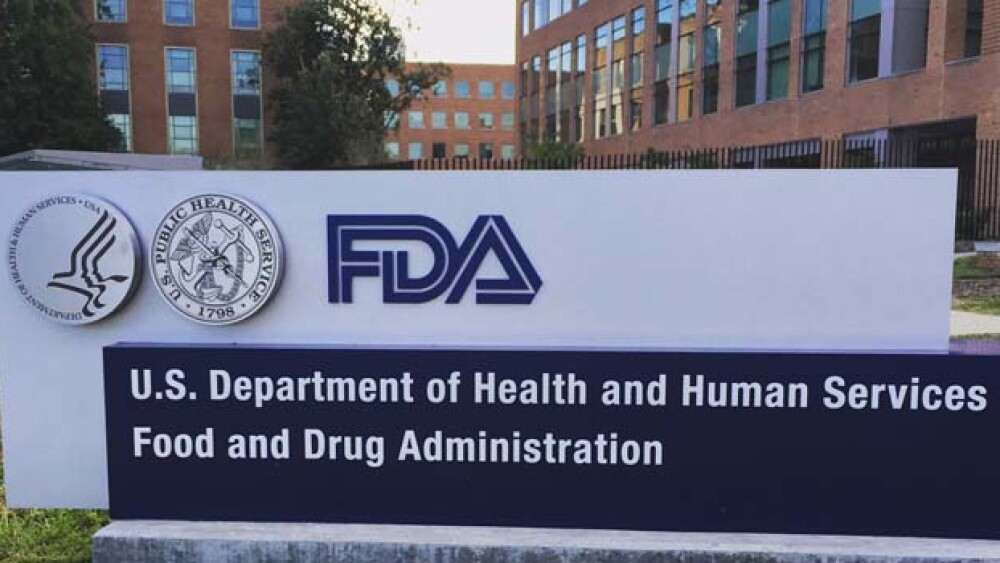FDA Commissioner Scott Gottlieb released a statement on new policies aimed to combat the practice of using certain agency requirements to block timely generic drug entry.
Just two weeks after the Food and Drug Administration (FDA) aggressively called out brand pharmaceutical companies for creating obstacles for competitors to develop generic versions of their drugs, FDA Commissioner Scott Gottlieb released a statement on new policies aimed to combat the practice of using certain agency requirements to block timely generic drug entry.
“(The FDA’s) safety programs shouldn’t be leveraged as a way to forestall generic entry after lawful intellectual property has lapsed on a brand drug,” Gottlieb said. “Our market-based system for rewarding innovation is dependent on this kind of legal competition.”
The source of the abuse
The safety program Gottlieb says is being abused is the FDA’s Risk Evaluation and Mitigation Strategy (REMS) requirements. Brand drug makers sometimes use REMS to restrict the sale of their drugs to generic manufactures to run bioequivalence and bioavailability studies to prove the generic medicine is the same as its brand drug.
The REMS requirements are also being abused after a generic drug seeks FDA approval and market entry. This is the impediment the FDA is seeking to address in the new policies announced yesterday. The statement reads, in part:
“Brand and generic drug makers are required to develop a single shared REMS program when a generic drug seeks approval and the brand drug has a REMS associated with it. This requirement applies when a generic drug applicant wants to market a generic version of a drug that has REMS with certain requirements or activities known as “Elements to Assure Safe Use” (ETASU). The current law requires that the brand and generic companies use a single, shared system REMS, unless the FDA waives that requirement and permits the generic drug to use a separate, comparable REMS program.
“Bringing together multiple products under one REMS program can have real benefits for the health care system, including for providers. But, the generic drug maker has to negotiate with the brand firm to enter into a shared REMS program before the generic drug can be approved. We know that these negotiations between a brand and generic company — to reach agreement on shared system REMS — can extend for long periods of time. This can delay market entry of a generic drug.”
Negotiations of this type are an important step in the formation of a shared system REMS, Gottlieb says, but the FDA also needs to make sure REMS programs don’t become a tool that drug companies can use to delay or block competition from generic products or hinder their ability to enter the market. To combat abuse of this type, the FDA issued two draft guidance documents.
New recommendations outlined
The first, titled Development of a Shared System REMS, describes general principles and recommendations to assist sponsors with developing these programs. The goal is to improve the clarity and efficiency for developing shared system REMS, which will enable timelier market entry for products that are part of these REMS.
The second draft guidance, Waivers of the Single, Shared System REMS Requirement, describes the process FDA will use to consider waiving the single, shared system requirement. In short, the FDA may waive the single, shared system REMS requirement and permit the generic company to use a comparable aspect of the ETASU if the agency finds that forming a single shared system is overly burdensome, or if an aspect of the REMS is covered is a trade secret and the generic applicant certifies that it was unsuccessful in obtaining a license for use of that aspect. The draft guidance also describes the factors the FDA will consider in evaluating a request for a waiver.
“We believe that by making the process for developing a shared system REMS more efficient, we’ll discourage brand drug makers from using REMS as a way to block generic entry and help end some of the tactics that can delay access, Gottlieb concluded. “We’re also going to be clearer about the circumstances when we’ll issue waivers to let the generic firms develop their own REMS program.”





